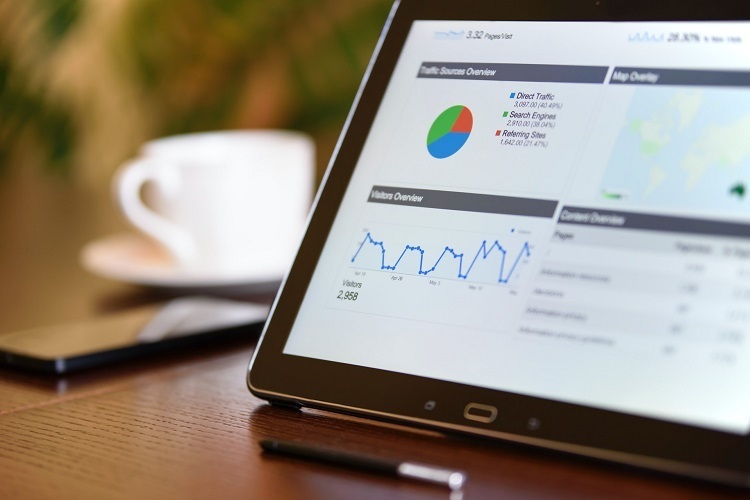When small businesses start up, the owners usually put their energy where it’s needed most: on their products and services. However, as your business matures you’ll need to put some structure into your accounting, computing and other processes. One way to make sure you’re all organized at tax time — and when a customer needs an order ASAP — is to invest in some basic software programs that will help your business function at its best.
Tax Software
One of the most important kinds of software that a small business can have is tax software. Many entrepreneurs, especially ones who turn a hobby into a business, are able to keep their income and expenditures simple. But, when the business grows, that old Excel worksheet that you were using is no longer the helpful tool from when you worked out of your garage or spare bedroom. Tax software will not only make it simpler on you to prepare your tax returns, but it may also help you save money in taxes and in lost time. Though, if your business has shown growth over the past 12 months, you should seriously consider taking on a tax preparer. For many business owners, one of the most important tools within tax software is an easy way to categorize expenses, therefore making sure that you write off all deductibles correctly.
Shipping Software
Shipping software, especially global shipping software, is a timesaver for businesses that need to get products out the door quickly. If your business encounters any kind of seasonal rush for its products, you should look at software that calculates the customer’s shipping costs, allows you to populate customs forms and other registration materials and adds a feeling of security to your customer’s online shopping experience.
HR Software
Another area of your business that you may have been neglecting with a simple spreadsheet is human resources. While having a spreadsheet of employees’ names, addresses and other vitals is a good document to have on hand, you’ll want something more sophisticated and easy to maneuver for keeping track of employee I-9 files and for insurance. Because employee records should be kept confidential, especially anything having to do with insurance or medical issues, having a special software program to safeguard this information makes sense. HR software can also help you organize your employee handbook and company policies, which will be helpful when you hire new employees during your expansion.
Security Software
We mentioned that your HR data is confidential. Well, your tax information and client shipping data should also be secure. Even if your business is still quite small, you may be at risk for online fraud or data hacking. Keep everything securely away from digital intruders by implementing security software. If you have recently grown your company, chances are you’ve also added on some new computers or other devices to your network. Or, you may have contractors or new employees who are also linking their devices to your computers. While your main computer may be protected by antivirus software and other security measures, you can never be sure about the people with whom your computer comes in contact. Software that assists you to back up your computer to another server or cloud-based system is a good idea, though you’ll want to make sure that your backup is not creating another security risk.
Communications Software
Most businesses today have some kind of online presence. Whether your company communicates with its clients via social media, email or online ads, you can streamline your system for publishing information with various communication apps and software, some of which you can operate right from your mobile phone. Some of the most useful kinds of communications software are social media dashboard services such as Hootsuite or Tweetdeck that allow you to create and schedule social media posts from various platforms all in one place. This allows small businesses to have full control of their social media marketing campaigns without the hassle of logging into and out of each platform.

